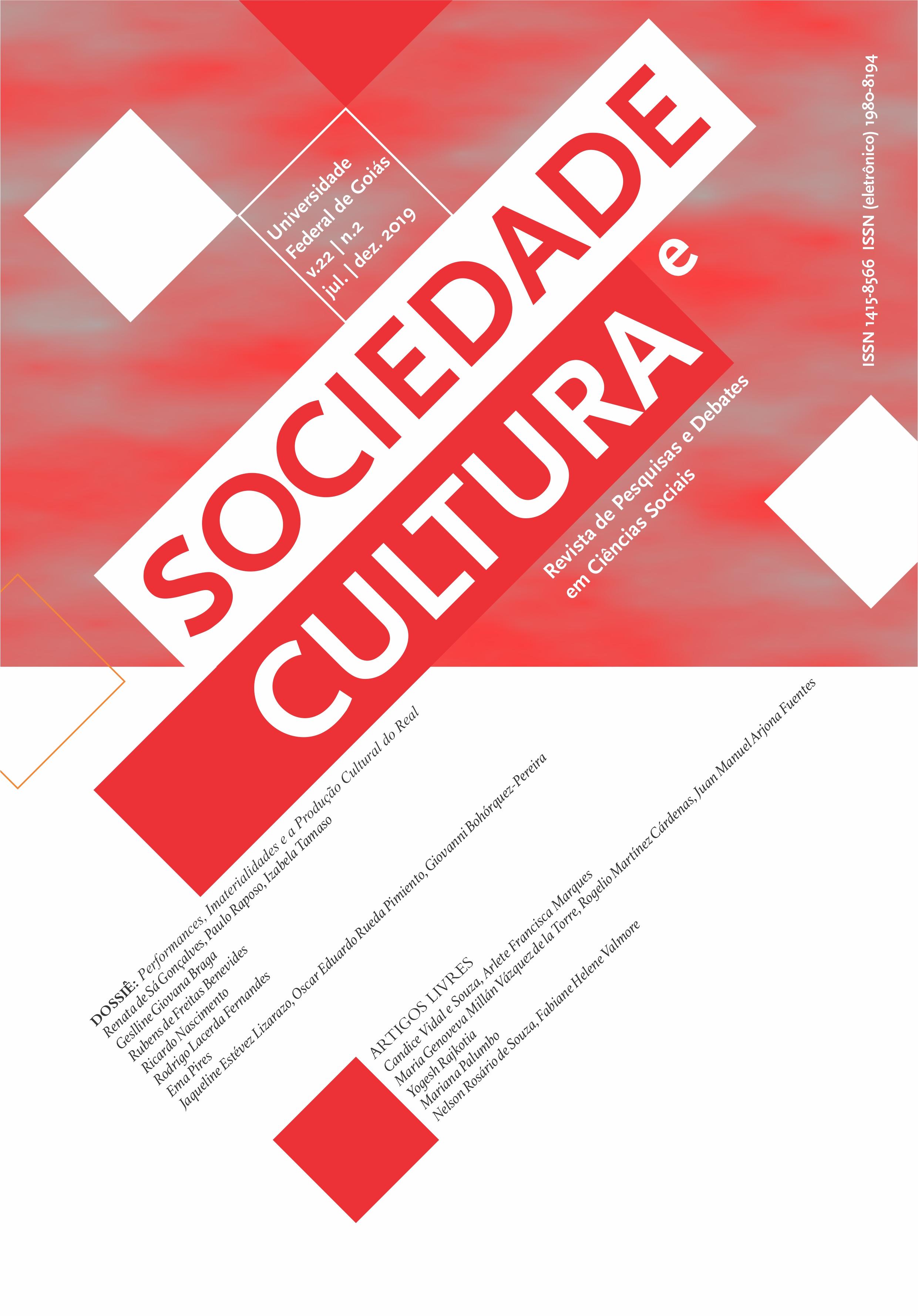Del enfrentamiento histórico entre Estado e Iglesia en México, al aprovechamiento económico del conflicto cristero a través del turismo religioso
DOI:
https://doi.org/10.5216/sec.v22i2.49451Abstract
This article analyzes the armed conflict between various social groups and the State of Mexico (The Cristero War, 1926-1929, whose origin was the adoption of a national decree limiting the activity and ownership of property by the Catholic Church), as well as the economic exploitation of such a conflict by creating a tourism product, “The Cristero Route”, taking advantage of the pilgrimage movement to visit places related to the 25 Cristero saints (people canonized by the Catholic Church who died in this war) and which are becoming more popular, especially to the Mexican population.
Downloads
Download data is not yet available.
Downloads
Published
2019-10-06
How to Cite
MILLÁN VÁZQUEZ DE LA TORRE, Maria Genoveva; MARTÍNEZ CÁRDENAS, Rogelio; ARJONA FUENTES, Juan Manuel. Del enfrentamiento histórico entre Estado e Iglesia en México, al aprovechamiento económico del conflicto cristero a través del turismo religioso. Sociedade e Cultura, Goiânia, v. 22, n. 2, 2019. DOI: 10.5216/sec.v22i2.49451. Disponível em: https://revistas.ufg.br/fcs/article/view/49451. Acesso em: 10 feb. 2026.
Issue
Section
Free Articles
License
Authors who publish in this journal agree to the following terms:
- Authors retain the copyright and grant the journal the right of first publication, the work being simultaneously licensed under the Creative Commons Attribution License, which allows the sharing of the work with acknowledgment of authorship and of the initial publication in this journal;
- Authors are authorized to enter into additional contracts separately, for non-exclusive distribution of the version of the work published in this journal (eg, publishing in an institutional repository or as a book chapter), with acknowledgment of authorship and of the initial publication in this journal;
- Authors are allowed and encouraged to post and distribute their work online (eg, in institutional repositories or on their personal page) at any point before or during the editorial process, as this can bring productive change as well as increases the impact and the citation of the published work (see O Efeito do Acesso Livre).



